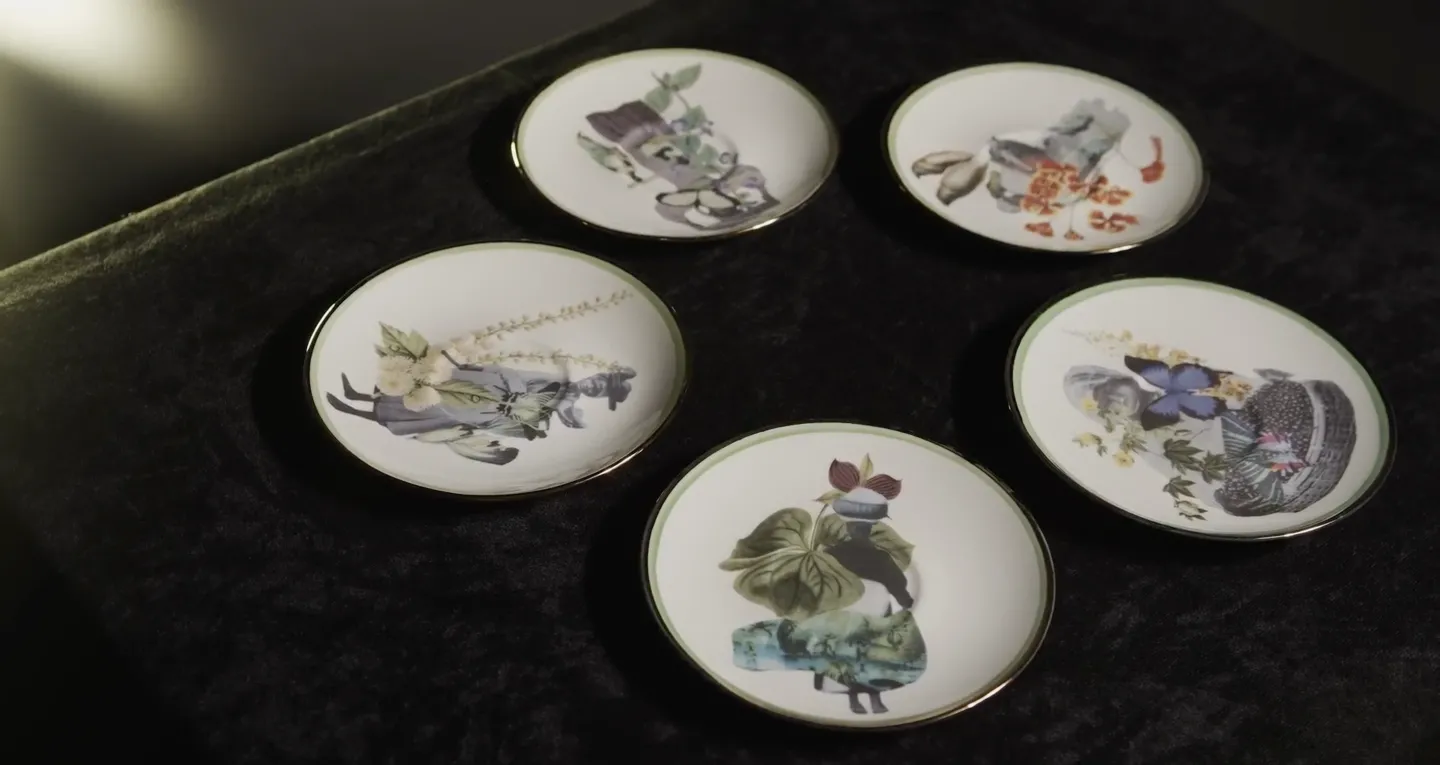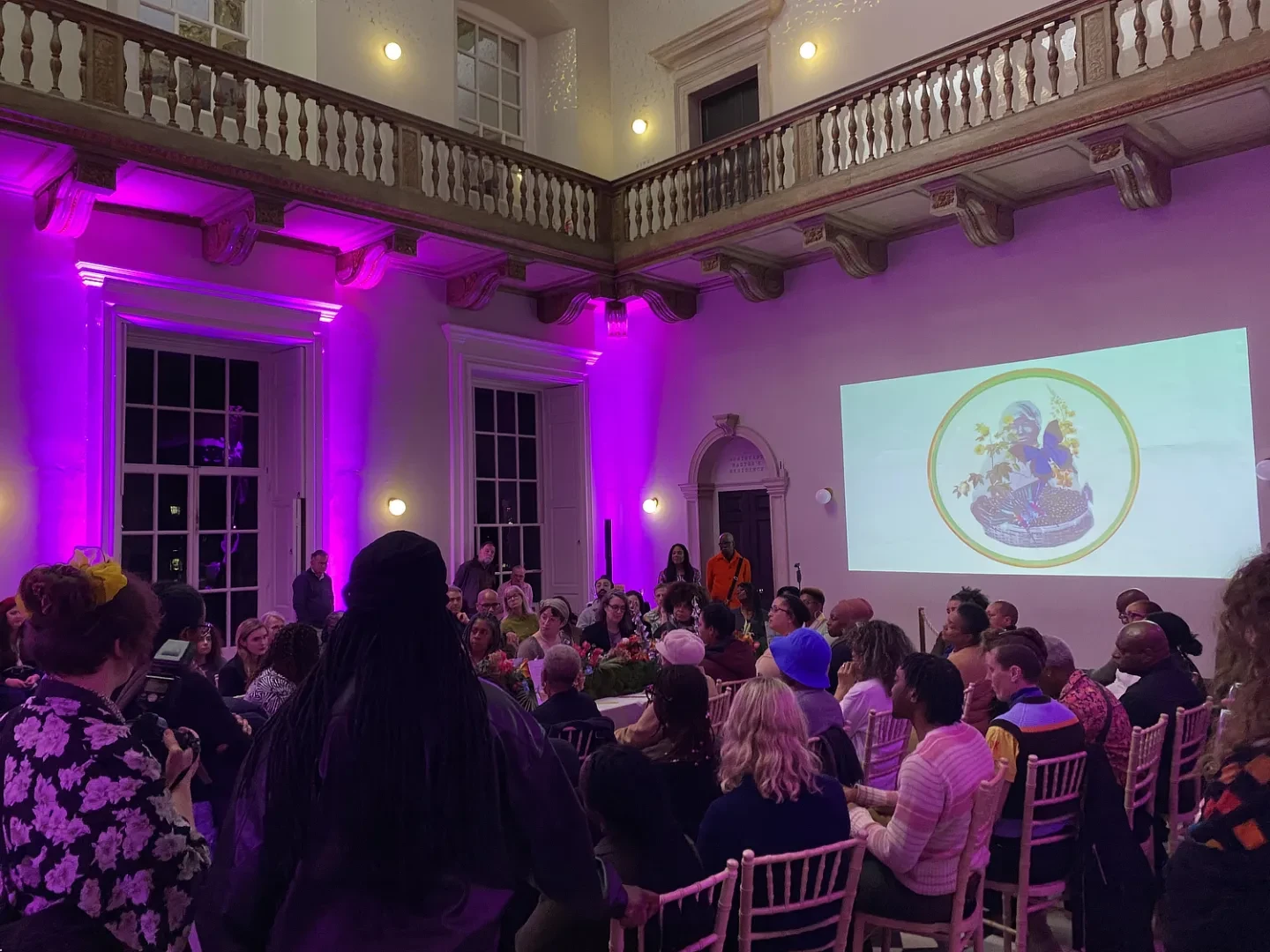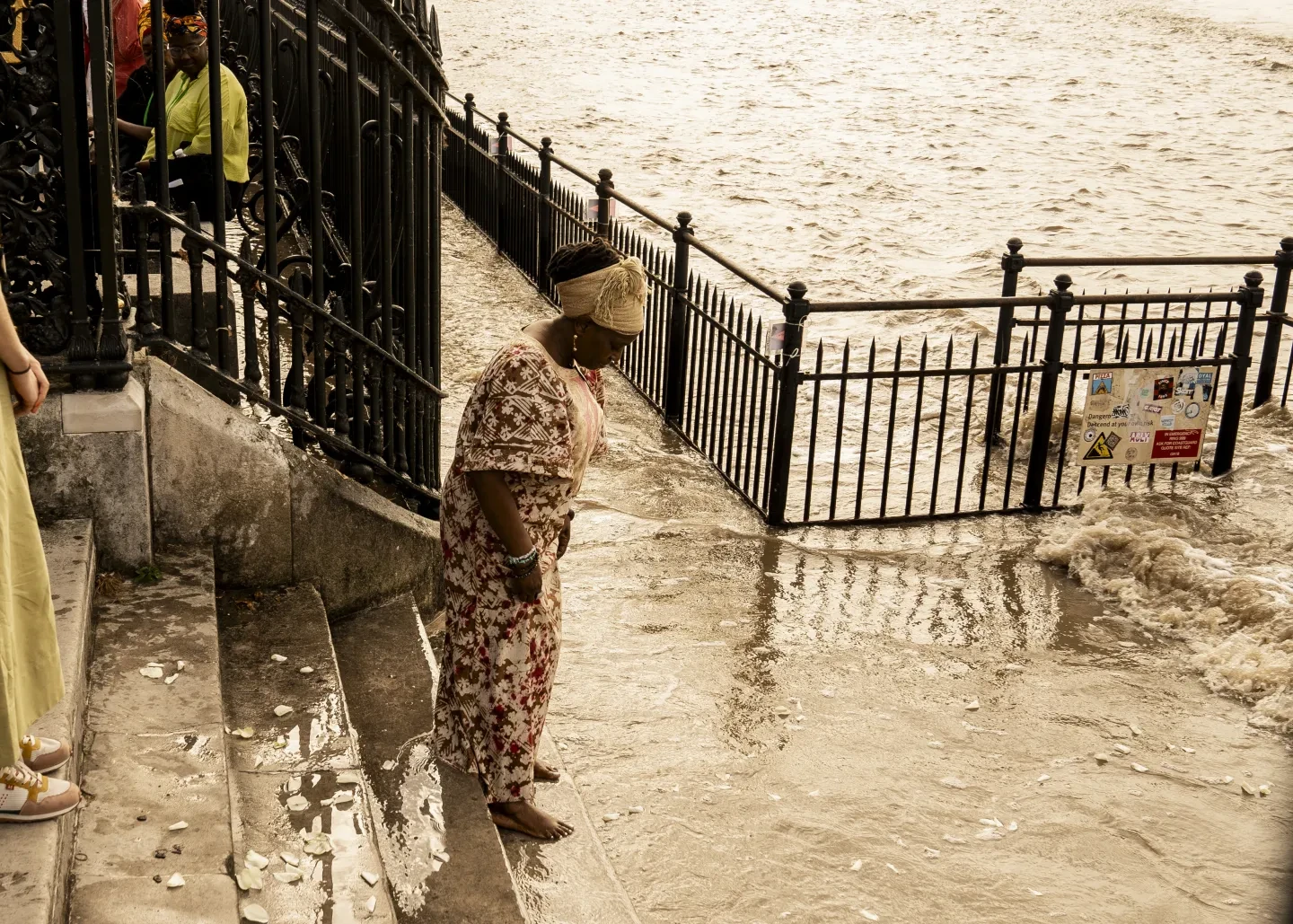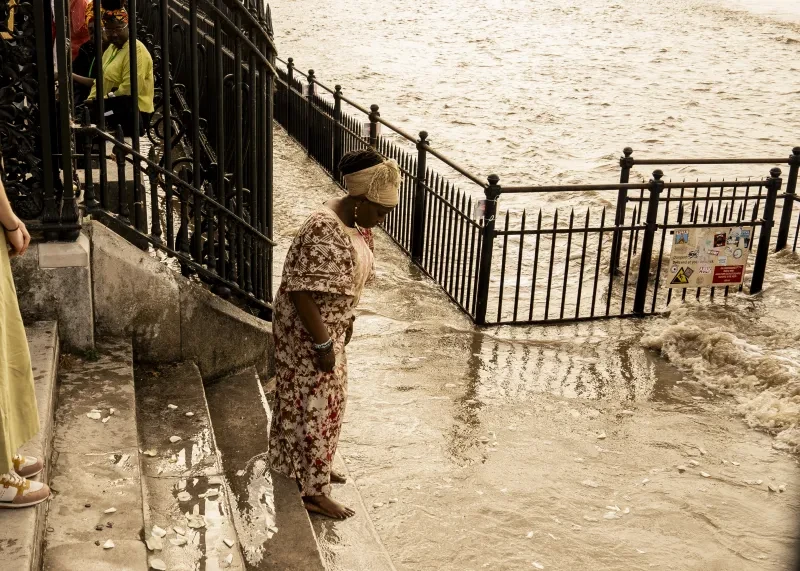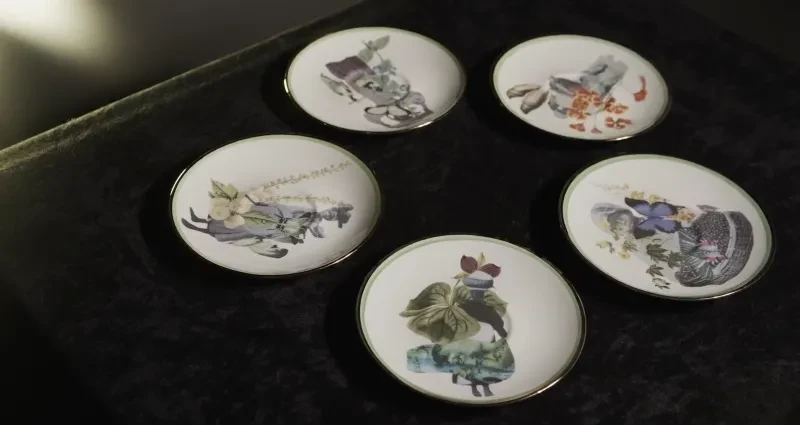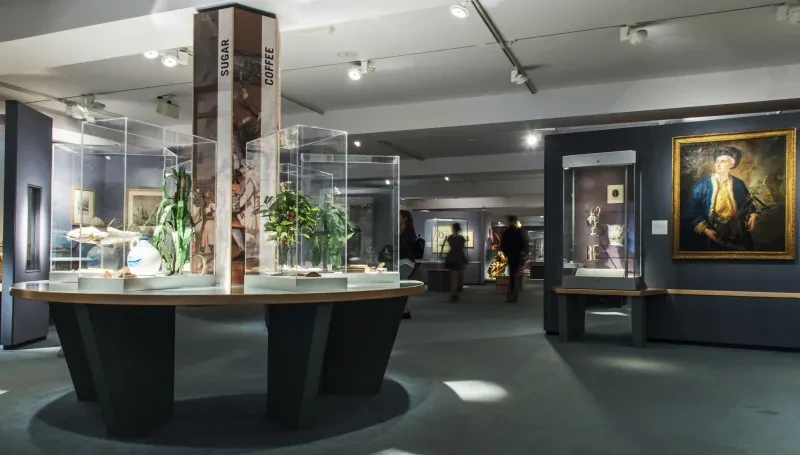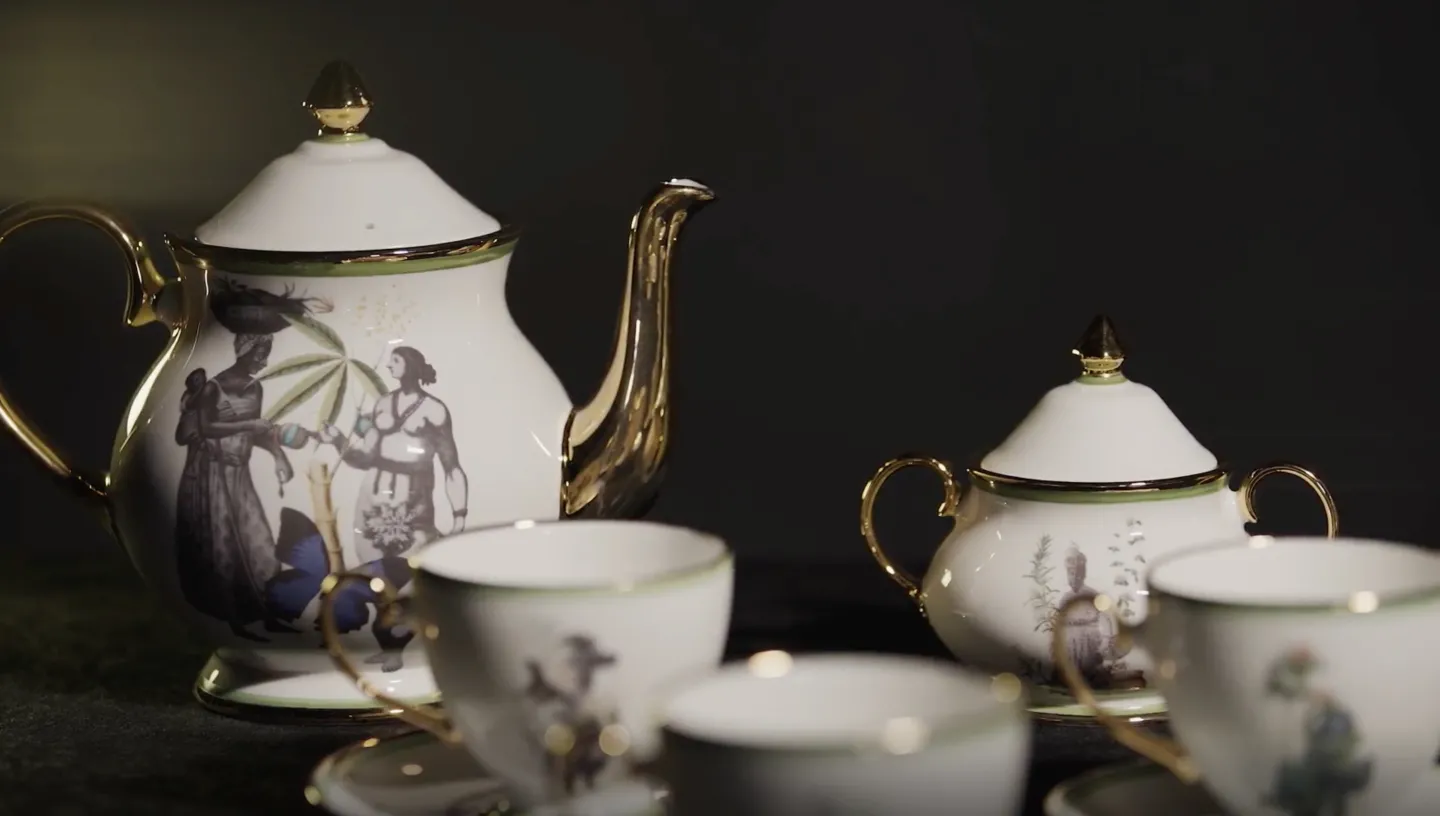
From the importance of collaboration to building an event centred around care and collective memory, guest curator Amouraé Bhola-Chin gives an insight into developing the programme for International Slavery Remembrance Day 2025.
Amouraé Bhola-Chin is a multidisciplinary researcher and emerging curator. She has co-curated International Day for the Remembrance of the Slave Trade and its Abolition 2025 with Royal Museums Greenwich.
This year’s event focuses on resistance and the resilience of the enslaved and their descendants. It takes inspiration from The Keeper of All The Secrets by Jacqueline Bishop, a ceramic artwork on display in the Queen’s House. The piece reworks a traditional British tea service, using collages of Caribbean market women and botanicals to explore women’s agency and the legacies of empire and enslavement.
Here, Amouraé reflects on curating this day of commemoration, a role that has involved selecting and refining key narratives and themes, sourcing speakers and finalising events.
Finding inspiration
This project begins and ends with collaboration. In March, I was invited to attend the launch of Jacqueline Bishop’s The Keeper of All The Secrets. The event took the form of a ‘Long Table’, encouraging participants to take a seat around a central table and share stories connected to the artwork.
Speaking at the 'Long Table' and hearing the conversations taking place really prompted lots of ideas. Following this, I was commissioned by Royal Museums Greenwich to work alongside Nydia Swaby, the Museum’s Whose Heritage Curatorial Research Fellow, to curate the programme for the International Day for the Remembrance of the Slave Trade and its Abolition.
Had Comfort Adeneye, Royal Museums Greenwich’s Engagement Programmes Coordinator, not invited me to this launch event; had Nydia not been there; or had Lison Sabrina Musset, co-founder of The Collective Makers, not encouraged me to speak at the table, I doubt that I would be here. All three women – being of African descent – offered me a platform, as a young woman of Caribbean heritage, to visualise my ideas through a curatorial language.
Being new to the inner workings of the National Maritime Museum, I first spoke with staff about how visitors used the space, and how it can be shaped. Their insights influenced my approach to the event programming. I decided to lean on a framework that focused on the following: recentring the gaze, entangled histories and embodied learning.
Developing the International Slavery Remembrance Day programme
International Slavery Remembrance Day will feature interactive conversations, creative workshops and a day-long screening of films.
When I was pulling together the programme (an idea suggested by Comfort), I was reminded of salt:dispersed by Selina Thompson. The film poetically reflects Selina's take on the legacies left in the wake of the Transatlantic Slave Triangle. In a world that continues to overlook these afterlives, it occurred to me that there was no better solution than to reach out to Selina Thompson and organise a screening.
Selina's film is just one example of work sought out by myself which tenderly brings the past, present and future in conversation. Designer Jahnavi Inniss's quilting workshop will enable visitors to draw on notions of relation through collective and personal histories. Hope Pearl Strickland's film, If I could name you myself (I would hold you forever), attends to memories that can't easily be translated into text, an object, a memory, or an emotion.
Creating affective spaces in a museum which holds fragments of such transatlantic stories has reflected the multiple sites of engagement I have framed International Slavery Remembrance Day around.
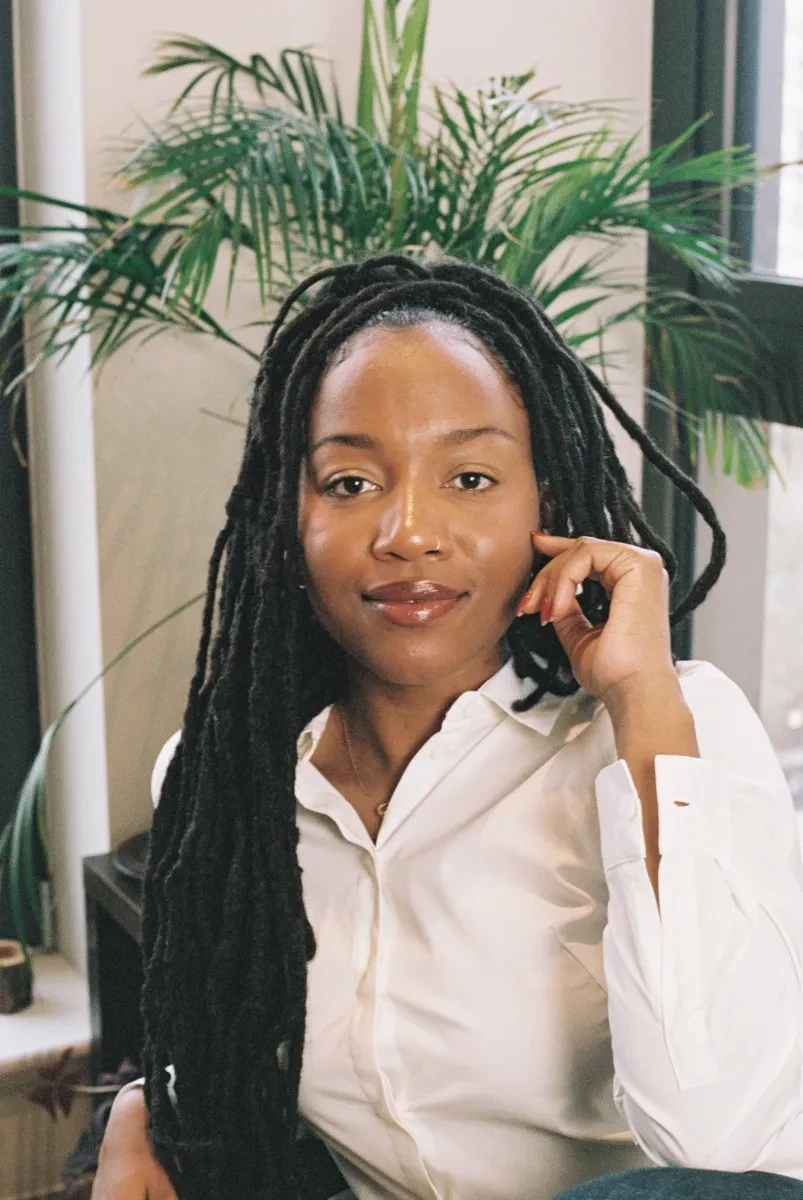
‘A contemplative selection of voices’
As someone who has studied history and creative writing simultaneously, I've been fascinated by the textured responses offered when descendants of the enslaved tend to the colonial archive.
The journeys we have taken, in the Black Atlantic – whether physically, metaphorically, spiritually, or emotionally – entangle themselves in our work. Annabelle Aventurin's Le Roi n’est pas mon cousin – a familial documentary essay centred around resilience and sacrifice – is an instance of this that has stood with me ever since first viewing it and speaking to Annabelle in September 2023. Hence, my joy at her willingness to screen her heartfelt testimony at International Slavery Remembrance Day 2025.
Resonating, too, with voices like Korantema, whose autoethnographic work is music to my ears, or having witnessed firsthand the work done by the lovely Dr Aleema Gray in and outside of the HOUSE OF DREAD – an anti-disciplinary heritage studio – has inspired a carefully contemplative selection of voices for this year's programme. Furthermore, each of these interactions has deepened my commitment to community-led curation.
The power of conversation
One thing my conversations have reaffirmed is the multiplicity of narratives needed to reflect the legacies resulting from the Transatlantic Slave Trade. I couldn't list the number of encounters I've had in, or prior to, the last four months that have fed directly into the way I have approached this project.
Whether speaking with family members, peers or people I've met along the way, I realised much of our work humanises, challenges, and/or confronts the seeds left in the wake of the last four centuries. Every one of these voices, although responding from specific focal points, lenses or geographies, tends to this multilayered, multilingual, and multifaceted heritage of what it means to be an embodiment of the collective memory, care, creative agency and resistance borne from the Transatlantic Slave Trade.
In many ways, this year's programme is a very tangible example of my quest for what Professor Christina Sharpe labelled ‘Black annotation and Black redaction’, and draws upon the questions posed by Black women like Jacqueline, Nydia, myself and Comfort.
Watching these seeds blossom into the annual activities planned for International Slavery Remembrance Day 2025 has been the loveliest experience. I look forward to seeing this all come to fruition.
At the heart of the event, I hope descendants feel safe, heard and held.
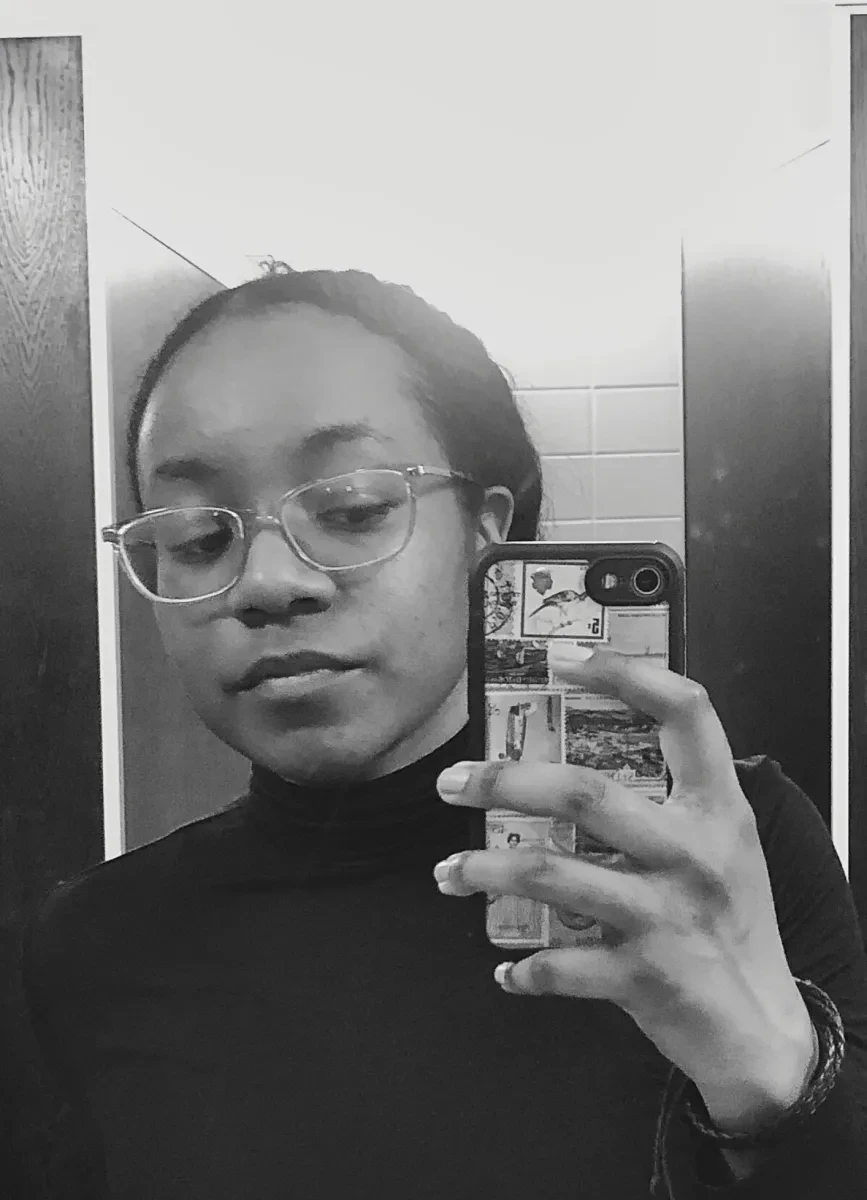
About the author
Amouraé Bhola-Chin is a multidisciplinary researcher whose methods privilege care, collaborations, site-specificity, and research-as-practice. With a background in history with creative writing, she interprets the threads, ruptures, and remains of spaces that speak to her diasporic heritage, while tending to archives through informal 'mapping' techniques.
Amouraé's archival work and poetry was showcased in The London Archives' year-long Unforgotten Lives exhibition (2023-24); whilst her arts-based research has featured in displays at MAIA (2024), the Institute of Contemporary Arts (2025), and Architecture Fringe (2025).
International Slavery Remembrance Day 2025 at Royal Museums Greenwich has been her first major curatorial project.
